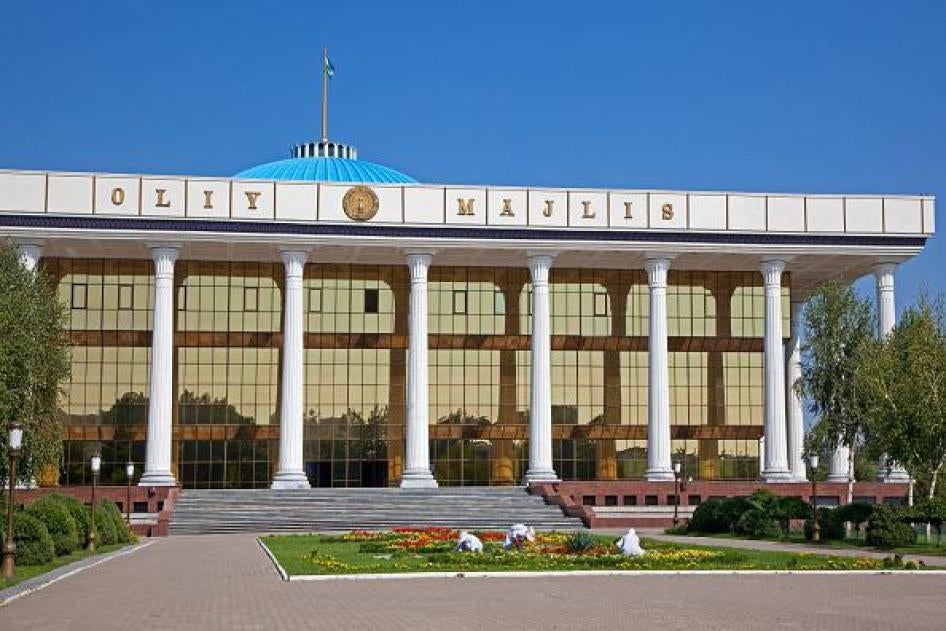(Berlin, December 23, 2022) – Uzbekistan’s Information and Mass Communications Agency should withdraw a draft Information Code that, if adopted, would violate freedom of expression, including media freedom, Human Rights Watch said today.
“Uzbekistan’s lawmakers shouldn’t rush ahead with this draft law without considering the serious implications for freedom of expression and the nondiscrimination principle,” said Mihra Rittmann, senior Central Asia researcher at Human Rights Watch. “Uzbek lawmakers should ensure that it fully complies with international human rights law before moving forward with its review.”
The Information Code, drafted by the Agency for Information and Mass Communications, was published on December 14, 2022 and is open for commentary from the public until December 29. It purports to consolidate and codify eight laws regulating information, including laws on the media, access to information, and on protecting children from harmful information, but also introduces harmful new provisions.
The draft law includes provisions that regulate and limit information published during investigations and trials and information that is “insulting” or “shows disrespect for society, the state, state symbols, including obscenities.” Such provisions would have a chilling effect on journalists and bloggers.
The law also includes discriminatory provisions against “promoting” same-sex relations, which would only further entrench the stigma and discrimination faced by lesbian, gay, bisexual, and transgender (LGBT) people in Uzbekistan, and should be removed.
The Information and Mass Communications Agency should ensure that any restrictions on freedom of information enshrined in the draft code are strictly limited to the extent that is necessary and proportionate, and only for legitimate purposes, as provided for under international human rights law.
The two-week time frame for public discussion of this far-reaching law does not give the public or media and information law experts adequate time to engage properly and ensure that the law will not adversely affect the rights of journalists, bloggers, others who work in the information sphere, including human rights activists, and the public at large, Human Rights Watch said.
Uzbekistan is a party to the International Covenant on Civil and Political Rights (ICCPR), which among other rights guarantees the rights to freedom of expression, including the right to seek, receive, and impart information, and to be protected against discrimination.
Uzbekistan partners should make it clear that Uzbekistan’s stated reform agenda is incompatible with adoption of legislation that is discriminatory, violates freedom of expression, and is in breach of multiple obligations under the ICCPR.
Uzbekistan’s Information and Mass Communications Agency should withdraw the bill for further amendments and invite independent media and information law experts to review the draft and provide expert analysis, Human Rights Watch said.
“Uzbek lawmakers should ensure that when it comes to this Information Code, the law protects journalists’ and other people’s rights,” Rittmann said. “There is still time to remove the rights-violating provisions in the draft and protect free speech.”








